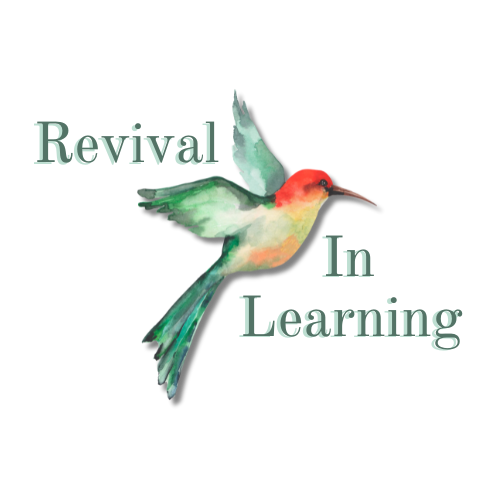
What is Kindergarten Readiness?
Early detection of low or weak
skills is KEY in their future success!
If your child struggles with focusing, following directions, socializing with peers, or shows delays in speech or motor skills, they may have academic weaknesses that could impact their readiness for kindergarten.
Kindergarten Readiness is a critical academic foundation for a child's learning journey.
To support your child's readiness, focus on developing their fine motor skills through activities like coloring, cutting, and drawing. Encourage language development by reading books together and engaging in conversations. Talk about the characters, how they feel, and what they think will happen next. Introduce basic math concepts through simple activities like counting objects or sorting shapes. Foster independence and social skills by encouraging your child to complete tasks on their own and engage in playdates with peers.
By incorporating these activities into your daily routine, you can help prepare your child for a successful transition to kindergarten.
"Well... my child can sing their ABCs...so they know all their letters"
Singing the ABC song is not an indication that your child knows each individual letter name, or each sound the letter makes.
Here are a few ways to check their letter knowledge.
1) Have them say the alphabet instead of singing it. Listen specifically to the LMNOP section. Most children blend all those letters together and are not aware there are 5 different letters being said.
2)Have them start saying the alphabet starting from a different letter like K or N or Q. Are they still able to say the letters in order?
3) Write all 26 Uppercase and 26 lowercase letters on index cards. Can your child identify each letter when shown in random order? Do they know most letter sounds?
4) Write all the letters on index cards. Then ask your child to say the letter sound. Make sure they are not adding an extra “UH” at the end of the sound.
For example: sssssssss not suh mmmmmm not muh
Counting to 10 is very similar to singing the ABC song. It is not an indication they know their numbers. Most of the time, they have just memorized the pattern of sound they have heard you say over and over.
Here are a few ways to check their number knowledge.
1) Have them count up to 10 starting at different numbers. Start at 6,then 3, then 7.
2) Say a number 0-10. Ask your child to show you the number on their fingers.
3) Call out a number 0-10. Have your child show you the number with objects. (4 cars)
4) Write numbers 0-10 on index cards in mixed order and see if your child can identify the number.








